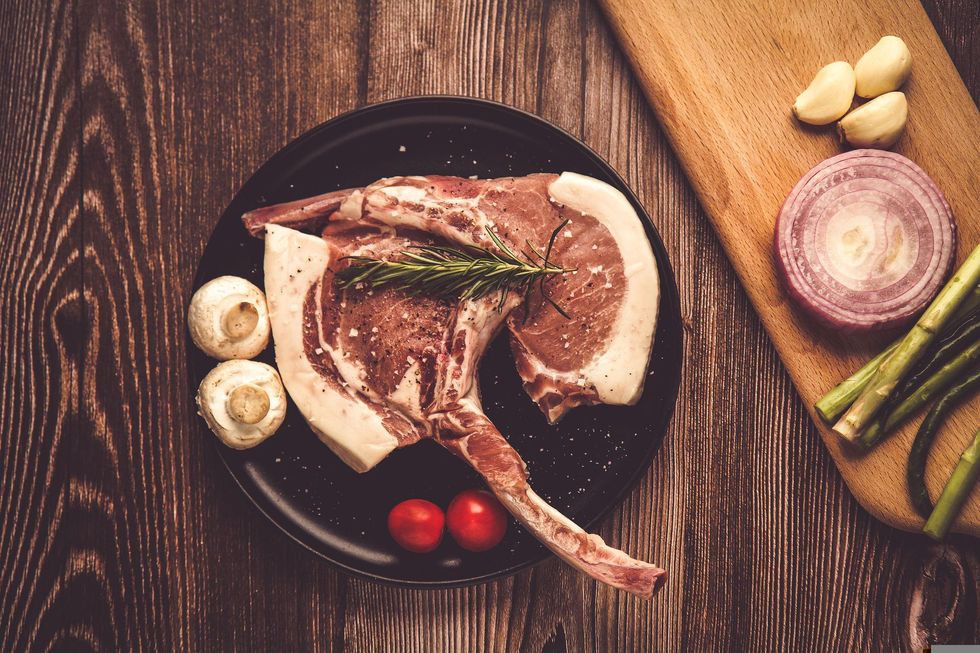‘What would your death row meal be?’ – it’s the kind of hypothetical question which has been asked at dinner parties for decades, but how did the practice first start?
The notion of convicted criminals being served one final meal before being executed is familiar to most of us, but its origin is less clear than you might think.
Only select states in the US still offer a last meal to inmates, and some of the ones that do offer them have restrictions on what prisoners can ask for.
Sign up for our free Indy100 weekly newsletter
In Florida, for example, the final meal can only cost up to $40, and it must be prepared locally.
But where did it first start? The most common understanding relates to the idea of the Last Supper eaten by Jesus Christ before he was crucified.
However, that claim is disputed.

An academic paper written by a scholar at Mercer University School of Georgia alleges that the last meal actually dates back hundreds of years earlier.
The paper attests that the real inspiration could “stretch back across centuries of United States history and before”, all the way to pre-Christian Greece.
"In Ancient Greece, you had to feed the person who was going to be executed, so that they could cross the River Styx into the underworld, and not come back as a hungry ghost,” the 2014 paper claims.
It also went on to discuss how the tradition evolved over time, stating: "The Puritans of Massachusetts once held grand feasts for the condemned, believing it emulated the Last Supper of Christ, representing a communal atonement for the community and the prisoner," the author of the paper states.”
Have your say in our news democracy. Click the upvote icon at the top of the page to help raise this article through the indy100 rankings.














